Ever since I was a child, I’ve had a strange affection for bugs. Not all of them, though. I hated cockroaches and centipedes and those weird small gray ones that refuse to die no matter what you do to them. I also ate a Roly Poly once. But other than that, I’ve always thought spiders were kind of cute, and other insects and bugs in general (at least, you know, the not super scary ones) deserve love.
In my kitchen the other day, I saw a few of those little gray insects. I immediately stepped on them and got the bug spray to kill them. But as soon as I sprayed them, I remembered how many times my mom would get upset at us for unnecessarily killing ants and spiders in our house. “They have a life too,” she would say.
As humans, we tend to neglect or mistreat things that look ugly and gross, even when they have real value. The importance of bugs is undermined in society, maybe because their reputation makes them seem disposable and replaceable.
But cute or not, many species of bugs play an important role in our lives. For example, Yellowjackets are crucial for the lives of birds, because they feed their young on insects that typically eat crops. Ground beetles keep weeds and pests in control. And dung beetles- literally all they do is eat poop. But as they dig through it, the poop is aerated, reducing methane emissions.
Yet, the protection of bugs has historically been a low priority in state regulation, with many states failing to mention bugs, explicitly or implicitly, in their wildlife conservation regulations. There are several states that do not mention insects as actual animals, take for example Oregon, which includes “fish, shellfish, amphibians and reptiles, feral swine,” and various birds, but no insects.
Nebraska, on the other hand, defines wildlife as “…any nondomesticated species of the animal kingdom, whether reared in captivity or not, including any mammal, fish, bird, amphibian, reptile, mollusk, crustacean, arthropod, or other invertebrate and includes any part, product, egg, or offspring thereof or the dead body or parts thereof.” Their regulation includes insects, giving them protection in conservation efforts.
In Nevada, insects are the most diverse sect of animals: there are 1000 species of bees alone. They are crucial for the pollination of fruit once it starts flowering, but bees are not currently listed in the Nevada Department of Wildlife, which means much isn’t known about the type of species that even live here, their state of extinction, or what is needed to protect them.
The only times specific bugs are mentioned in agricultural regulation consists of rules that call for them to be exterminated. On top of that, many of the pesticides used to kill the “bad” insects end up killing more of the insects that are actually beneficial for the environment.
Save for these extermination laws, insects are left in a sort of “legal limbo” because laws do not define them as wildlife, which makes it difficult to protect them. AB221, a Nevada bill proposed in March that calls for bees, butterflies, and other “designated invertebrates” to have protection from extinction to fall under the wildlife classification. But as of June 6, the bill is still in committee. It’s important that this bill passes, so these insects can be identified and protected. Right now, they legally don’t even exist.
In 2021, the Recovering America’s Wildlife Act proposed an annual $1.4 billion to be used in habitat conservation projects in every US state and territory, but it fell short after Congress couldn’t decide on how to pay for it. The congressional term then ended resulting in lawmakers having to start the whole process over again. RAWA is a bipartisan bill, and it could bring immense change to how wildlife is treated in the United States, if only lawmakers could agree on how to pay for it. However, with a Congressional shift to a Republican majority, there may be further obstacles in RAWA’s path.
I’m not saying we should make extreme conscious efforts to save cockroaches or mosquitoes (whom we can actually probably live without), but there are enough bugs out there that we can’t live without, that we shouldn’t be compromising their lives. We’re saving ourselves, but we are also saving them. We shouldn’t need any justification to save them other than their existence. They have lives too, just because they aren’t appealing to look at does not make their existence any less important.

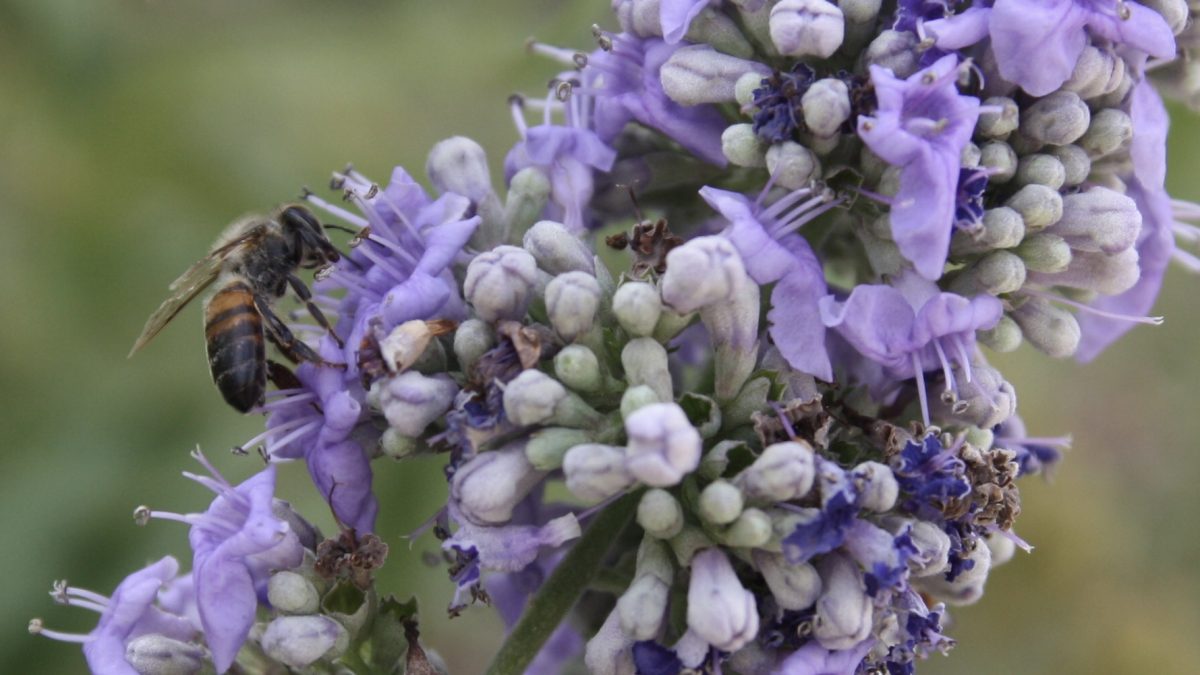
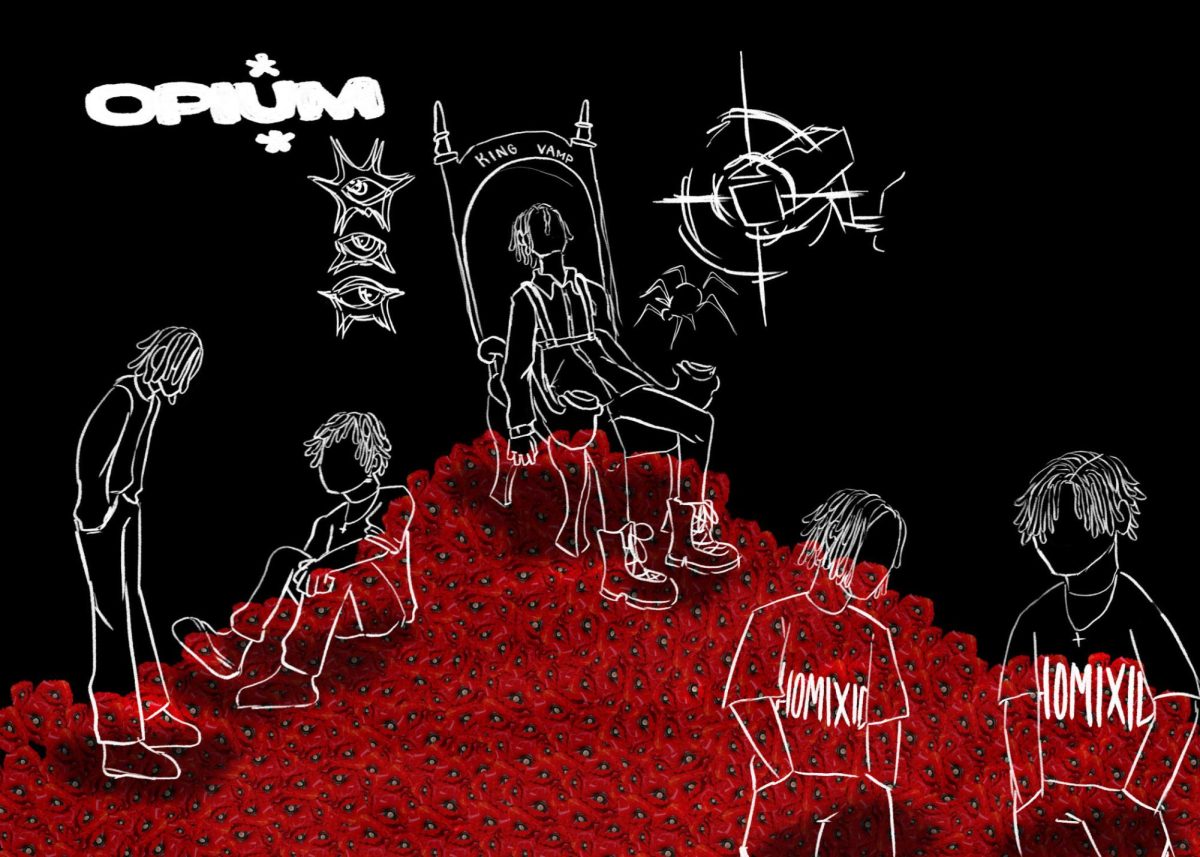
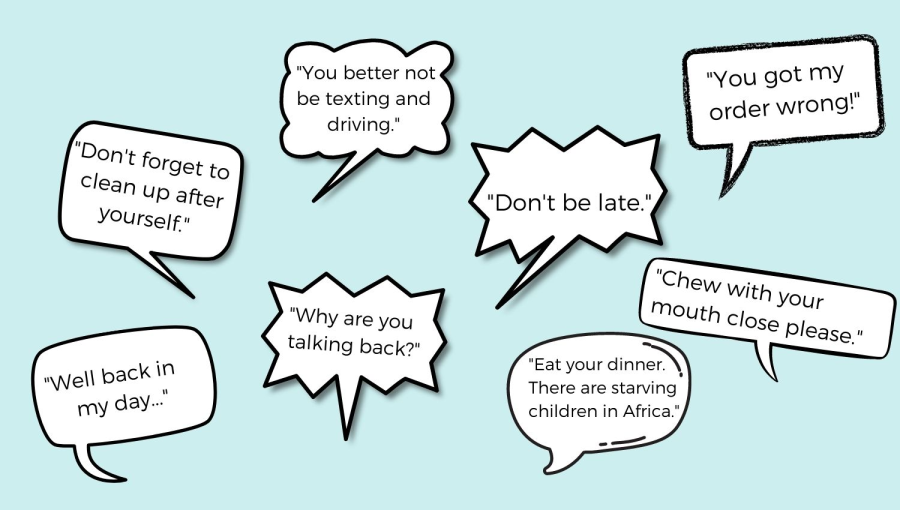
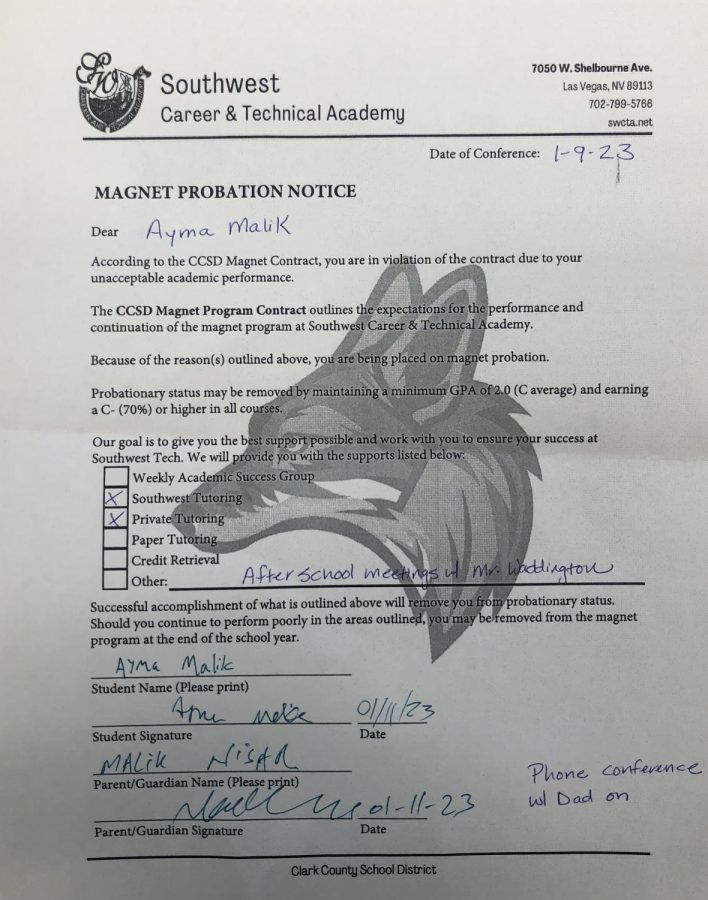
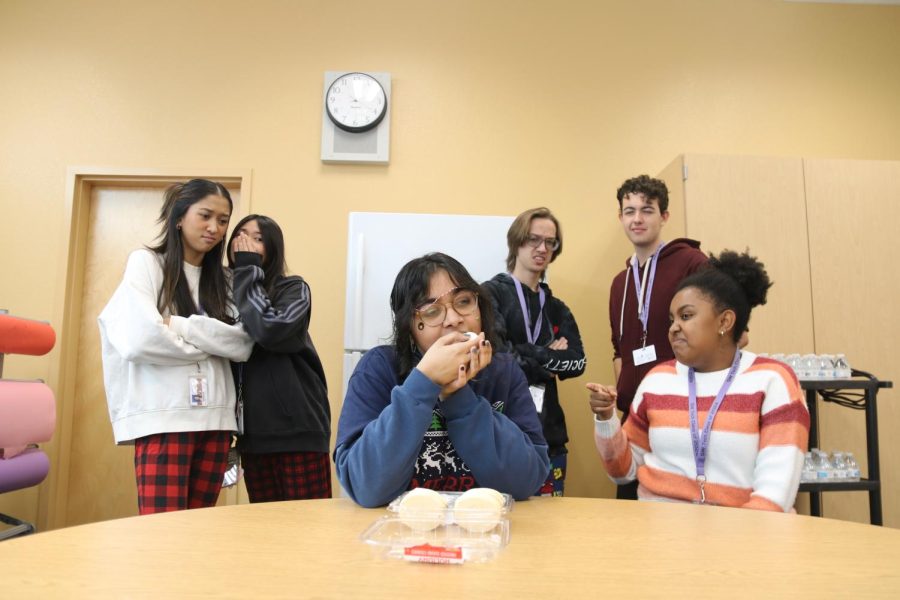

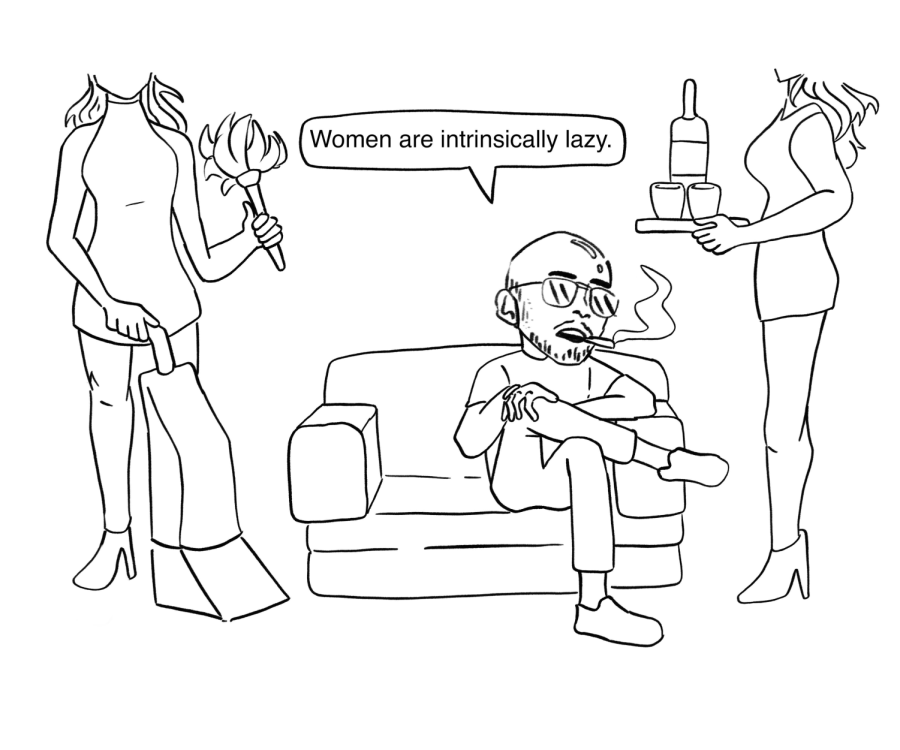







![In his fifth period World History class, Thur works with his students individually, helping them as they sort through notes and assorted historical documents. “I’m always willing to try something new,” Thur said. “Some of my best ideas that I’ve received over the years are from students. This year I’m trying out stations for the first time and kids are rotating through and it’s working. Well, some things are [working], I’ve still got to work out the kinks with it. The kids change, why shouldn’t I change too?”](https://southwestshadow.com/wp-content/uploads/2025/10/IMG_8991-1200x800.jpg)
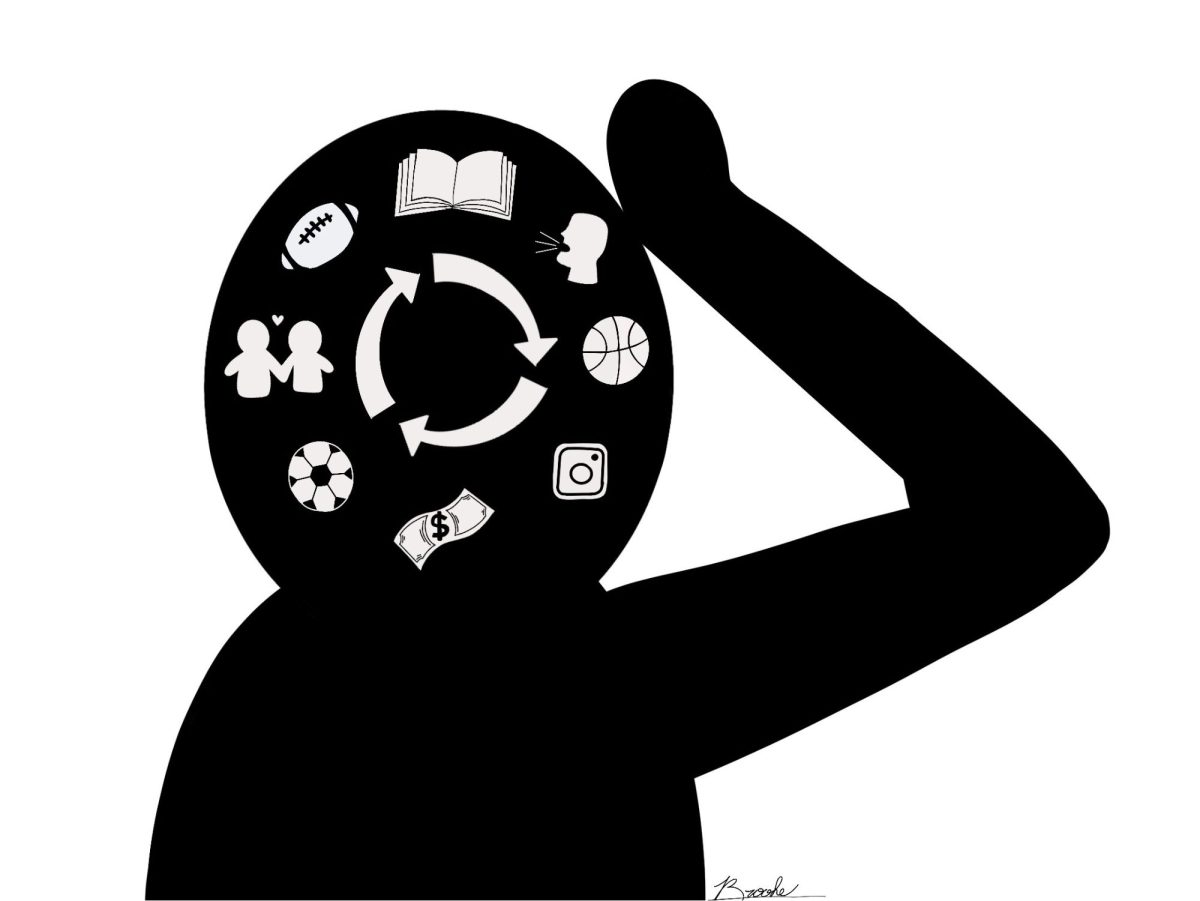

![Displaying a QR code for students to scan, the flyer allows students to sign up and learn about their desired colleges as they visit throughout the school year. Many schools have had additional presentations for students to learn more about what they offer. “For me, I’m interested in criminal justice,” junior Zion Jefferson said. “I know that UNLV and Nevada State University have this major. But, [the college fair] is going to be beneficial, so I can see what other schools offer as well.”](https://southwestshadow.com/wp-content/uploads/2025/10/IMG_2721-1200x900.jpg)